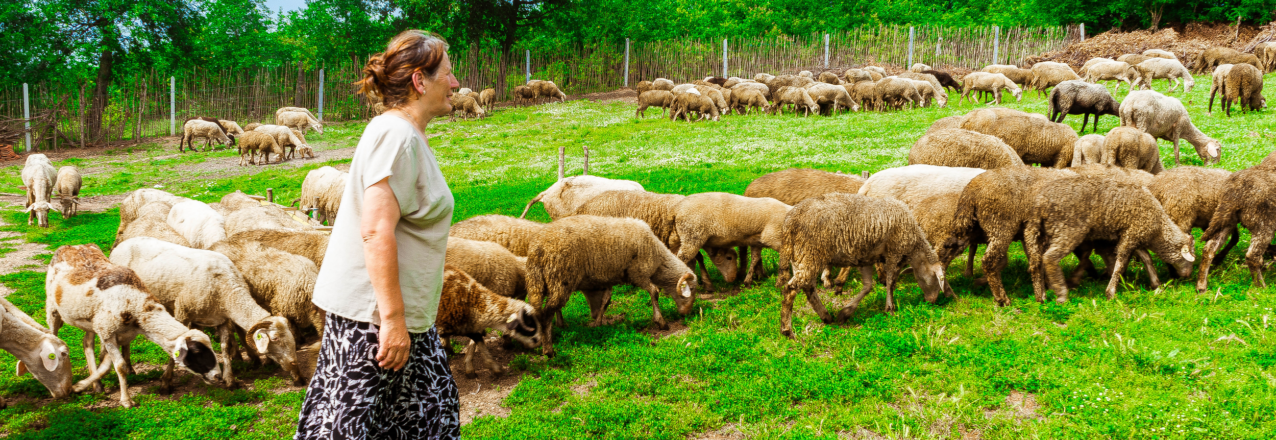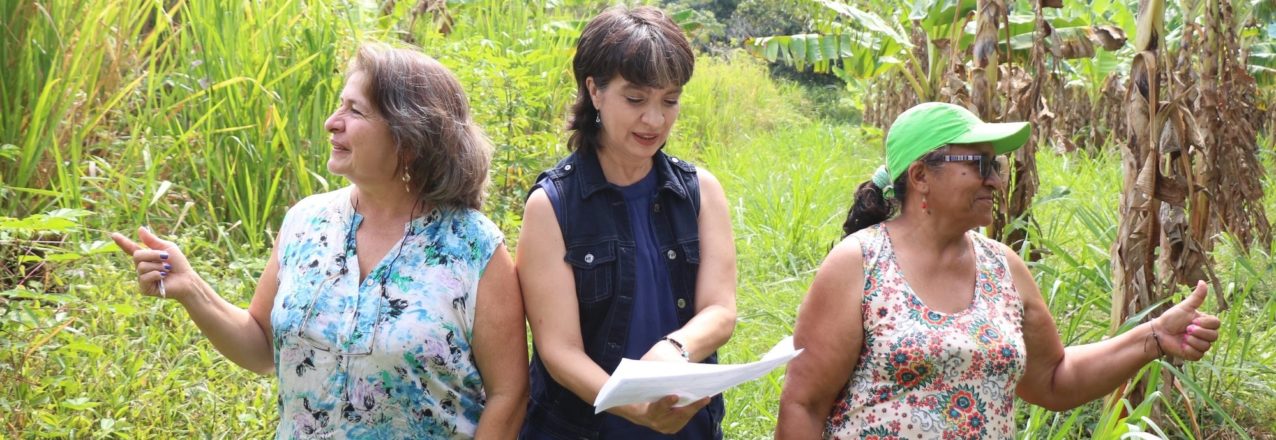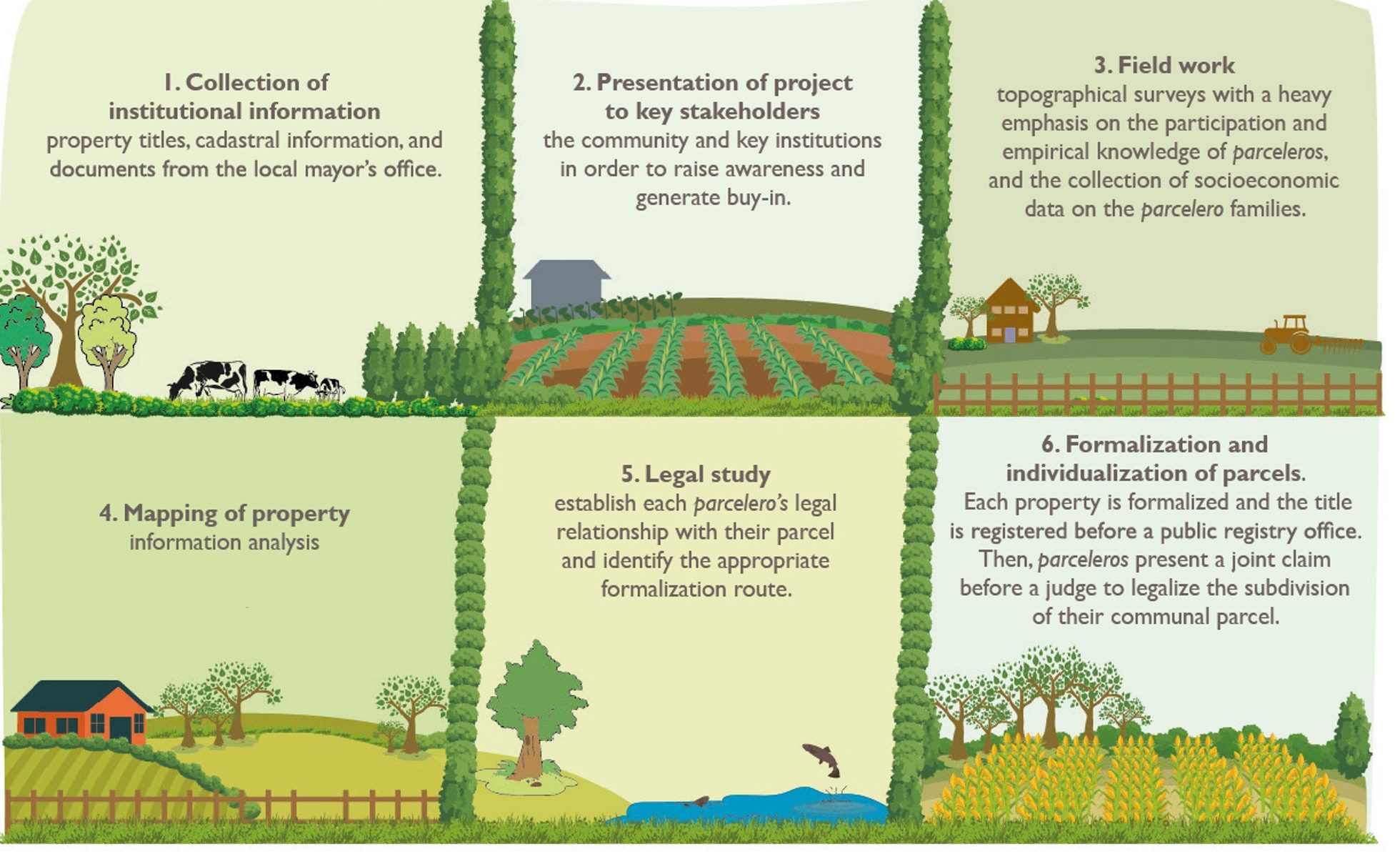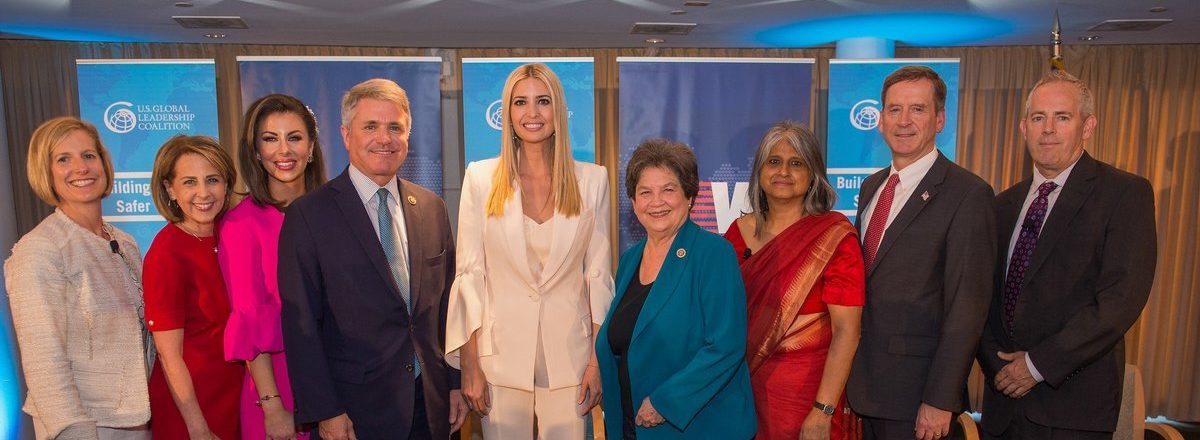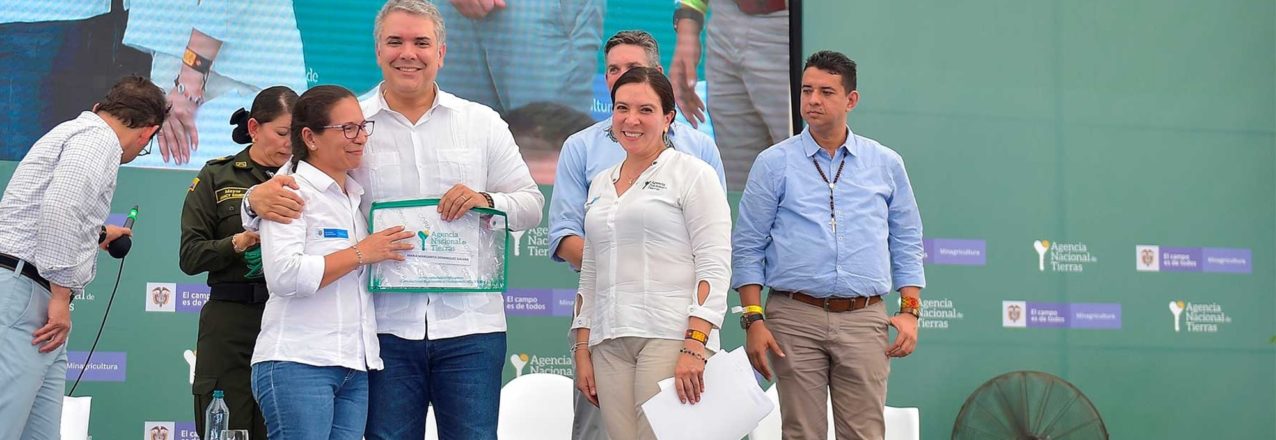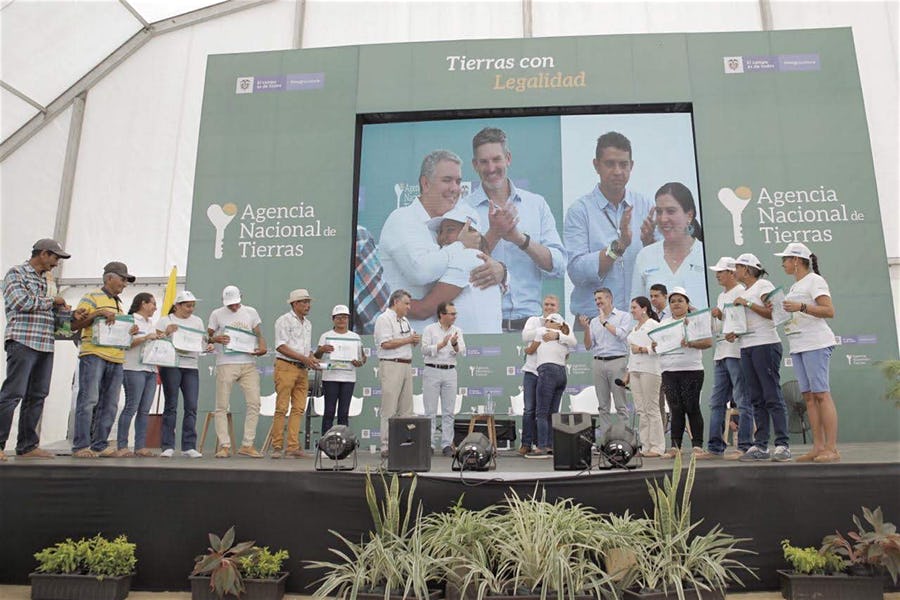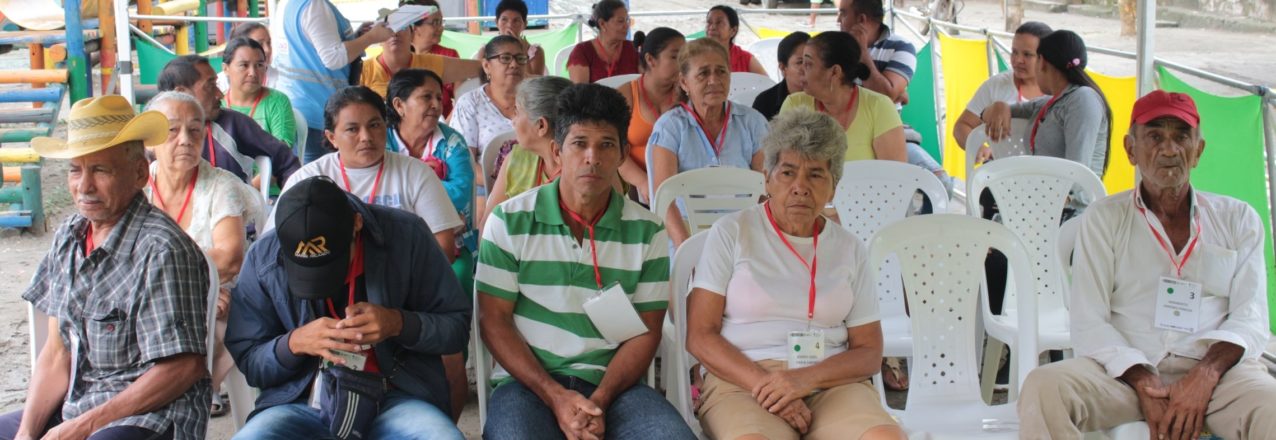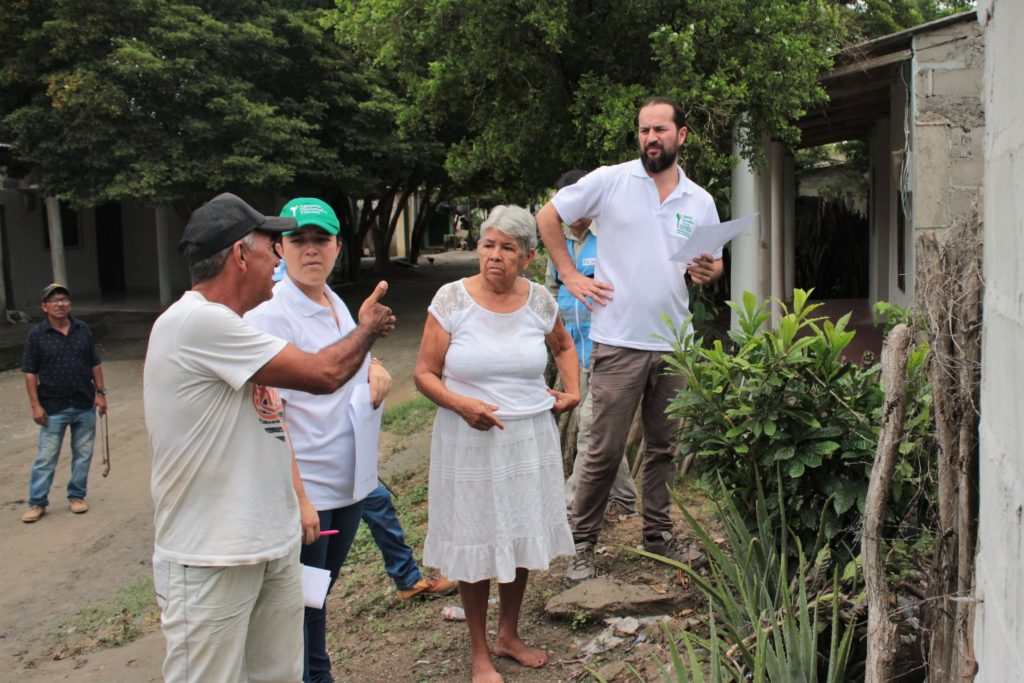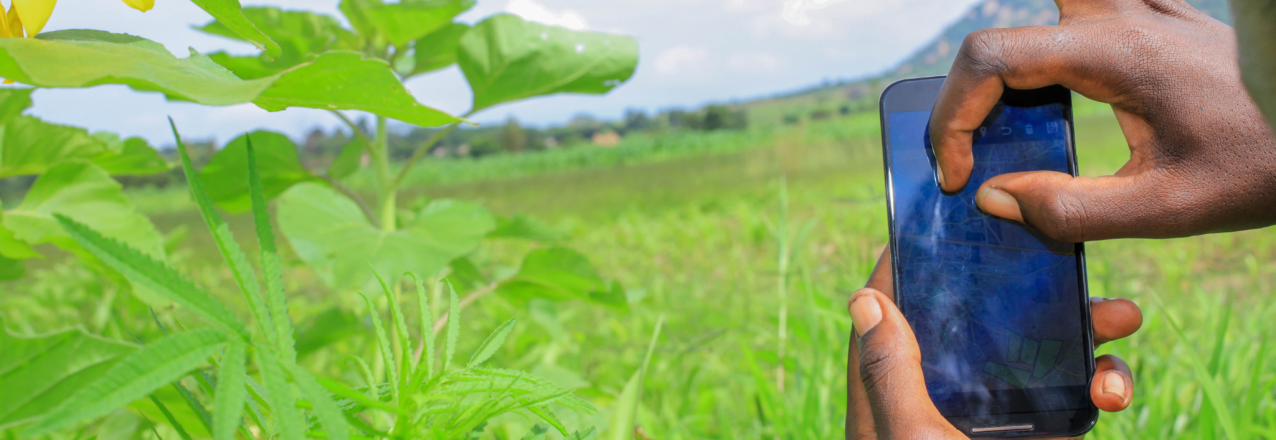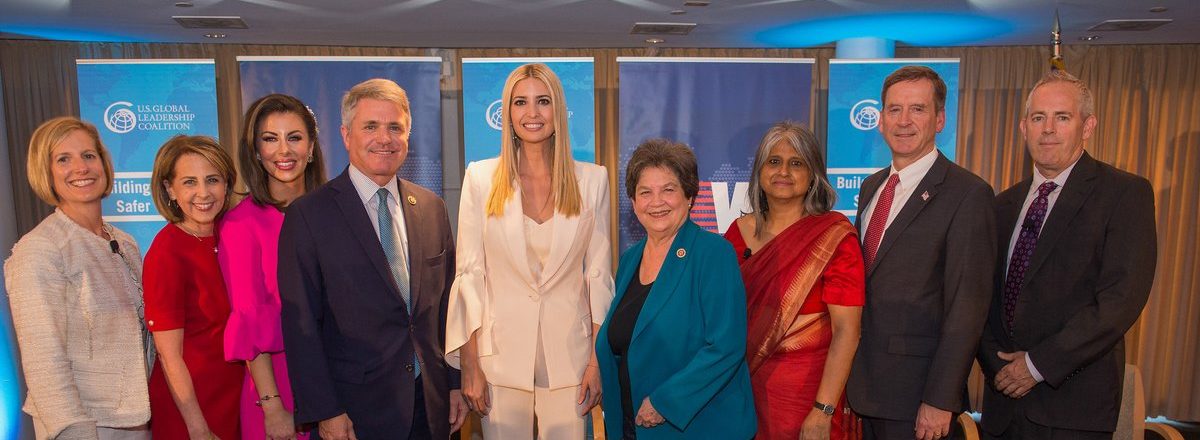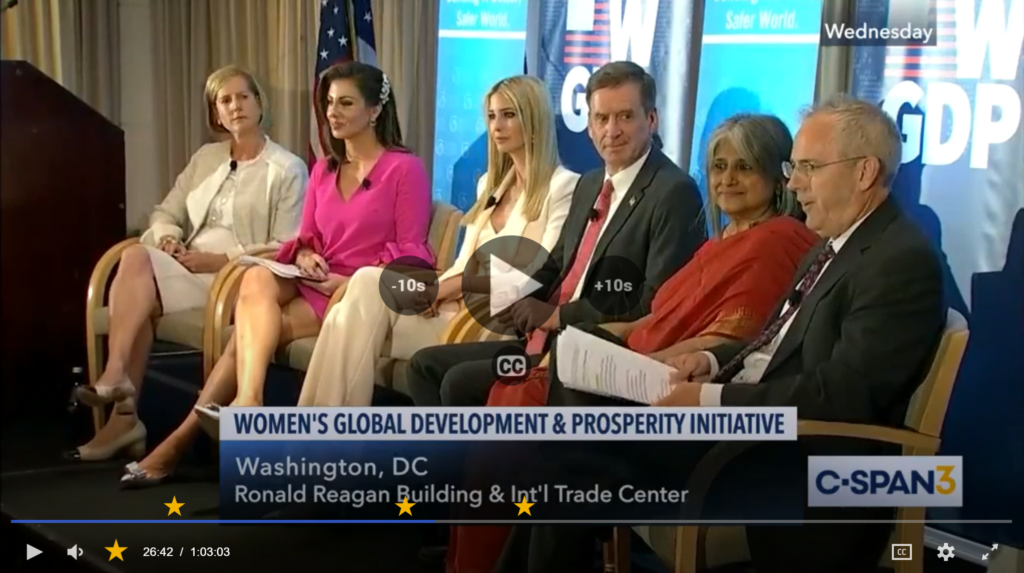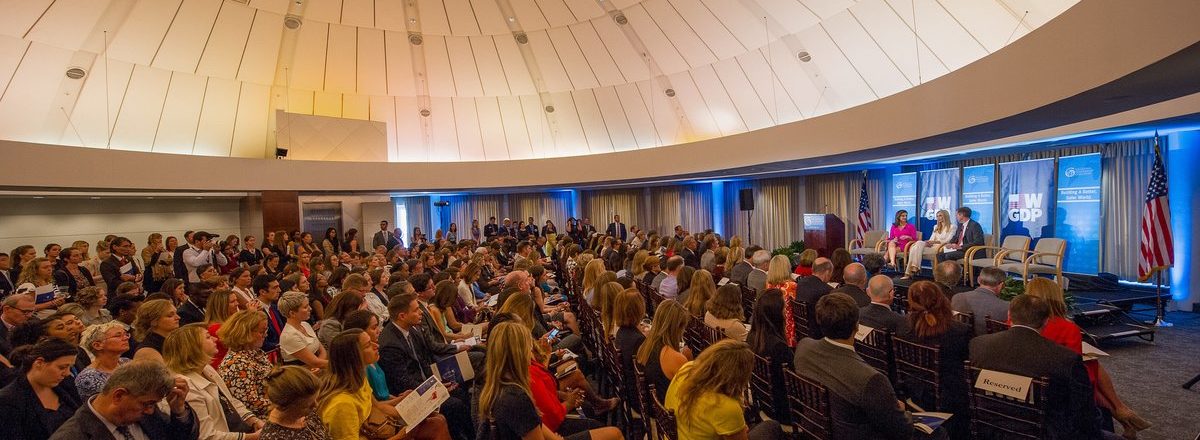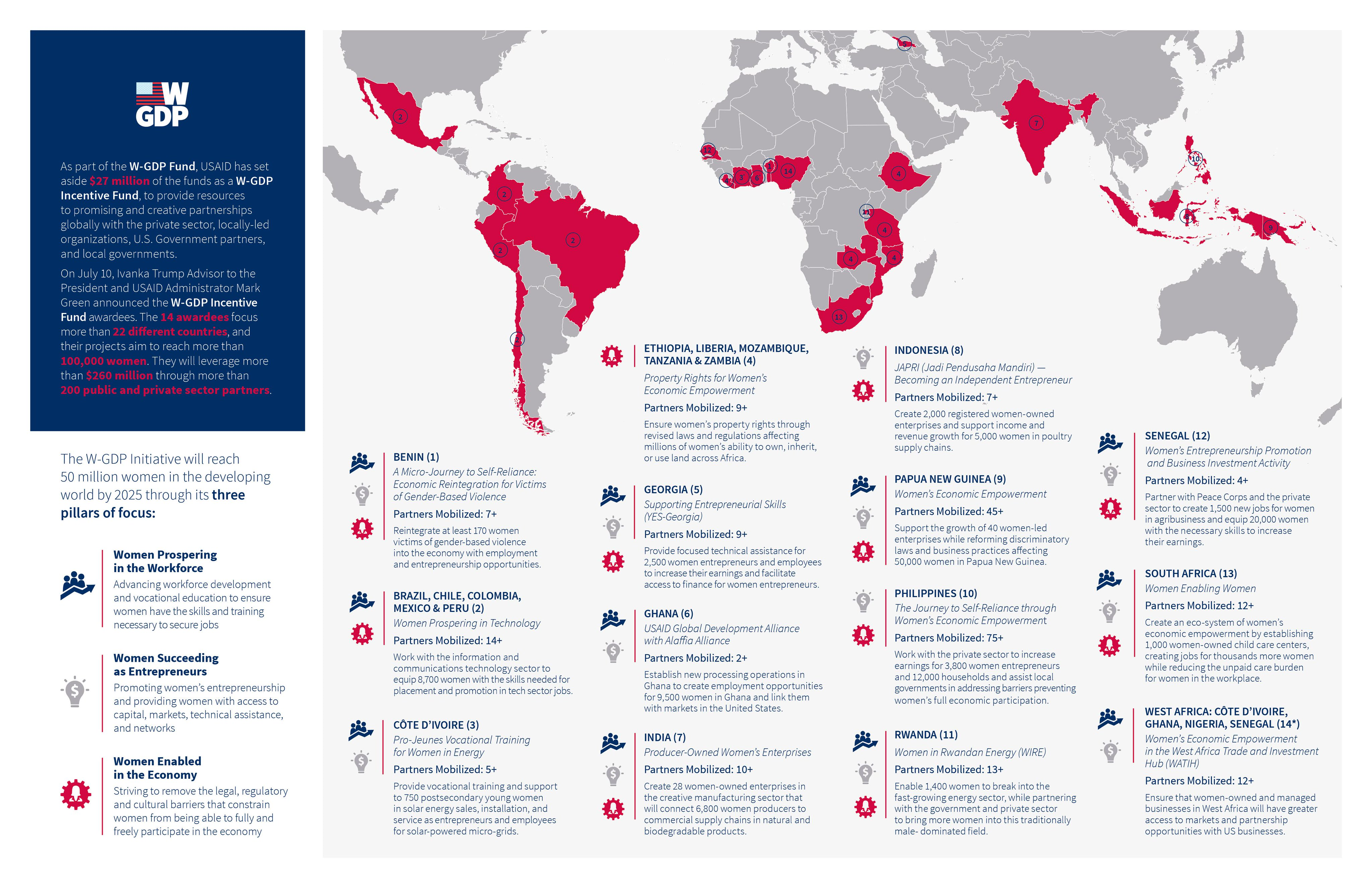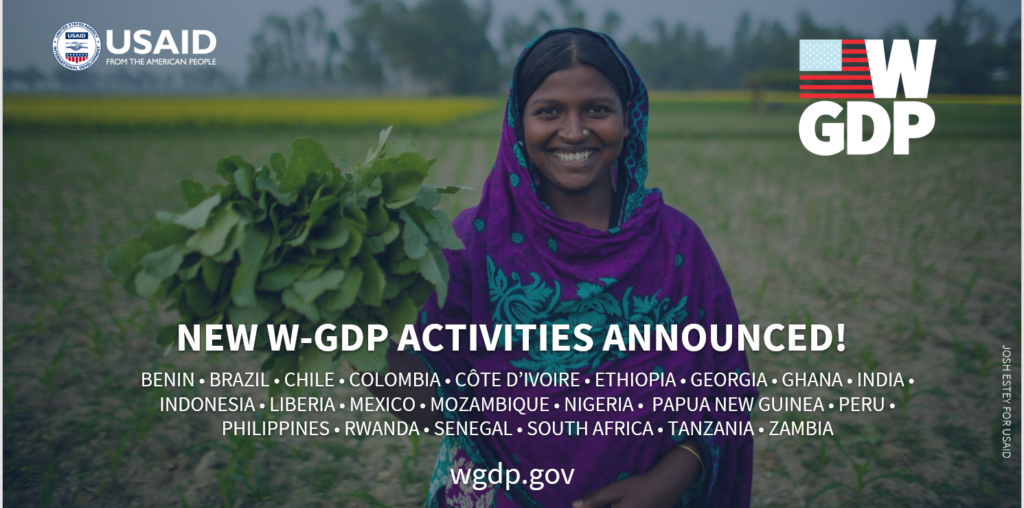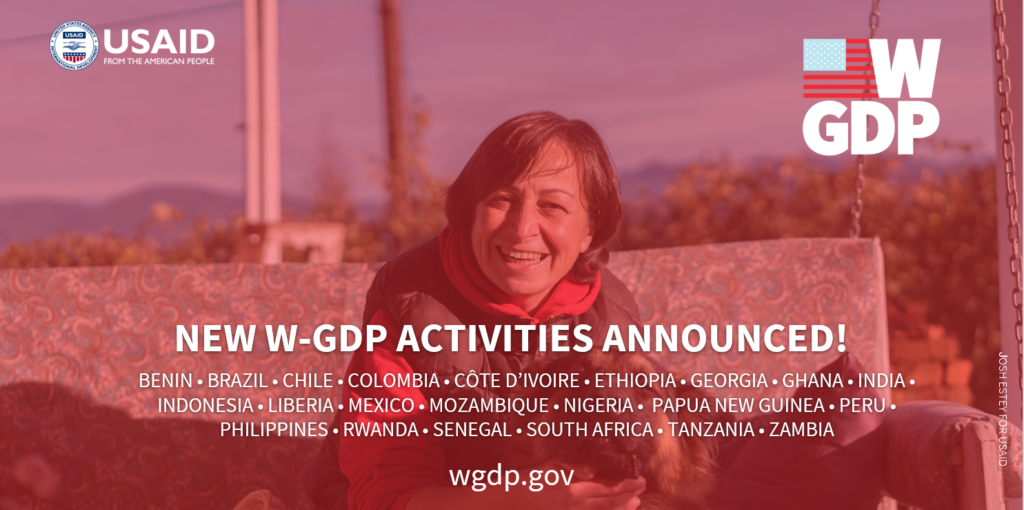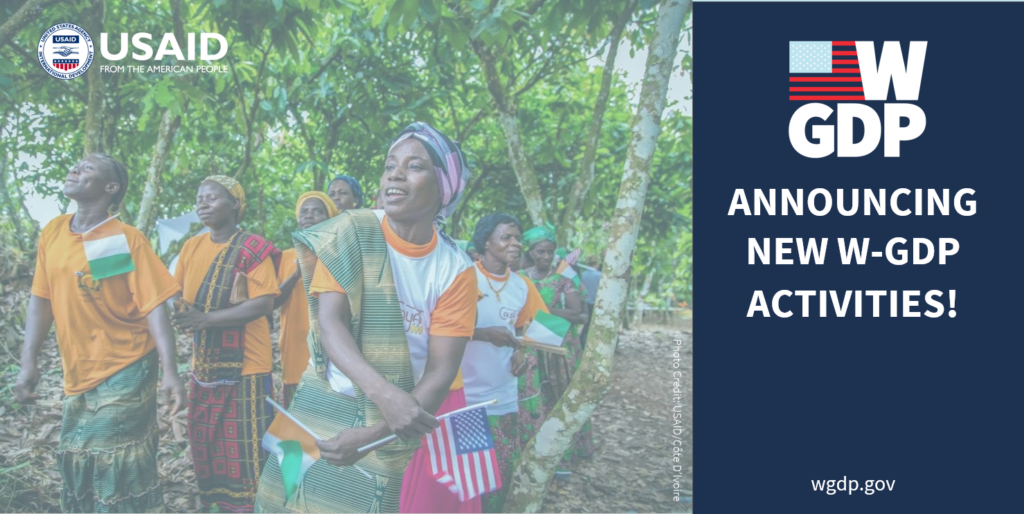Property ownership represents a basic right and a foundational basis for economic growth. But in Kosovo, the right to property ownership is not always guaranteed, especially for women. For the past five years, the United States Agency for International Development (USAID) has supported robust legal reforms and behavior change to significantly advance land and property rights in Kosovo through USAID’s Property Rights Program (PRP), which concluded in June.
USAID’s Property Rights Program was far-reaching in scope and impact. Through this program USAID supported the development of the first-ever National Strategy on Property Rights in Kosovo. The program reduced the time for disposition of civil cases, including property cases, by 29 percent. The time to schedule the first court appearance decreased by 72 percent. The program also launched a national behavior change campaign, which together with the amended legislation, in three years, resulted in a positive behavior shift: the percentage of women who initiate inheritance proceedings rose from 0.3 percent in 2015 to 14 percent in 2018. Citizens’ access to municipal property services also improved with electronic issuance of property rights certificates and property tax documents.
USAID and the Government of Kosovo clarify the rules of the game
Layers of contradictory law from past regimes (Yugoslavia, Serbia, and then the UN Mission in Kosovo), inconsistent judicial decisions, long delays in case processing, discrimination against women and minorities, and informal and complicated procedures resulted in a chaotic property rights situation. Informal transactions, failure to transfer titles from the deceased — sometimes for generations — intentional disregard of female heirs, and lack of proper notifications have interfered with the proper functioning of Kosovo’s property rights system. It is estimated that 40 -50 percent of land parcels are owned informally. Without clear titles, property cannot be transacted, used as collateral, invested into, or inherited.
USAID started to address some of these issues in 2014 by bringing together the Government of Kosovo, civil society, and the private sector in a working group to develop the first-ever National Strategy on Property Rights. The strategy provided a framework for interventions and outlined the responsibilities for every actor in the government and society. USAID and other working group members collaborated closely with the Government and the Assembly of Kosovo to amend and develop the necessary legislation. As a result, Kosovo adopted seven laws recommended in the Strategy and drafted nine additional laws.
USAID also helped the Government develop modern notification procedures for property rights proceedings. The Official Gazette, an existing e-government platform, was upgraded to provide online notifications to parties. The Government, with USAID support, also instituted legal safeguards for women in inheritance proceedings, where judges and notaries have the role of ensuring all heirs are present and are not acting in duress.
Improving Case Management, Speeding Up Non-Contested Case Resolution
Property cases in Kosovo courts suffered from long delays due to poor case management and inconsistent and unpredictable decisions in property rights cases. USAID worked with three courts to pilot a case management system for property rights cases. USAID through the project provided mentoring for judges and training for legal associates to take over more tasks related to processing cases. As a result, the time for initial preparation of a case before the first court hearing decreased by 72 percent, from 1,058 to 297 days. The time to complete property cases decreased by 29 percent, from 1,220 to 872 days. To promote standardized procedures in all Kosovo courts, USAID produced a manual on civil litigation that includes specific guidance for property cases. To improve the quality and consistency of decisions, USAID and Kosovo’s Supreme Court produced guidelines for lower courts on property rights practices.
During its work in courts, USAID found that a large number of cases are considered “non-contested,” where parties were only seeking to formalize their rights (through formal recognition of rights, registration, etc.). To speed resolution of these relatively uncomplicated cases, a USAID proposal which was included in the draft law, allowed for the creation of a simplified mechanism to resolve non-contested property requests.
Women’s Property Ownership Increases
In Kosovo, the cultural traditions of informality and patriarchy have created multiple challenges to women’s property rights. Read the blog “Increasing women’s property ownership” to learn how USAID’s Property Rights Program tripled women’s property ownership in Kosovo.
Building capacity at the municipal level
Since property rights are often a gateway to essential municipal services, Kosovo citizens often seek documentation at the municipal level. USAID worked with Municipal cadastral offices to streamline steps for citizens’ access to services. In many municipalities, USAID helped eliminate the municipal transaction tax and the requirement to pay property tax prior to receiving a property certificate, thus removing one of the disincentives for registering property. USAID also introduced modern, electronic access to some property documents in seven Kosovo municipalities. USAID and select municipalities upgraded e-kiosks to issue property certificates and property tax documents, making it easier for citizens to obtain official documents.
Next steps on USAID’s engagement in land rights
The work on land and property rights advancement remains critical for Kosovo’s social and economic development. With the close in June of USAID’s first Property Rights Program in Kosovo, USAID continues to work on improving case processing and management through its other judicial-system activities. With the adoption of laws foreseen in the National Strategy for Property Rights, the key to success remains the proper and timely implementation of laws for all Kosovo citizens regardless of ethnic background. USAID is continuing to urge for Government of Kosovo leadership in the further execution of the National Strategy and for civil society organizations to advocate for and monitor the implementation of property-related laws.


